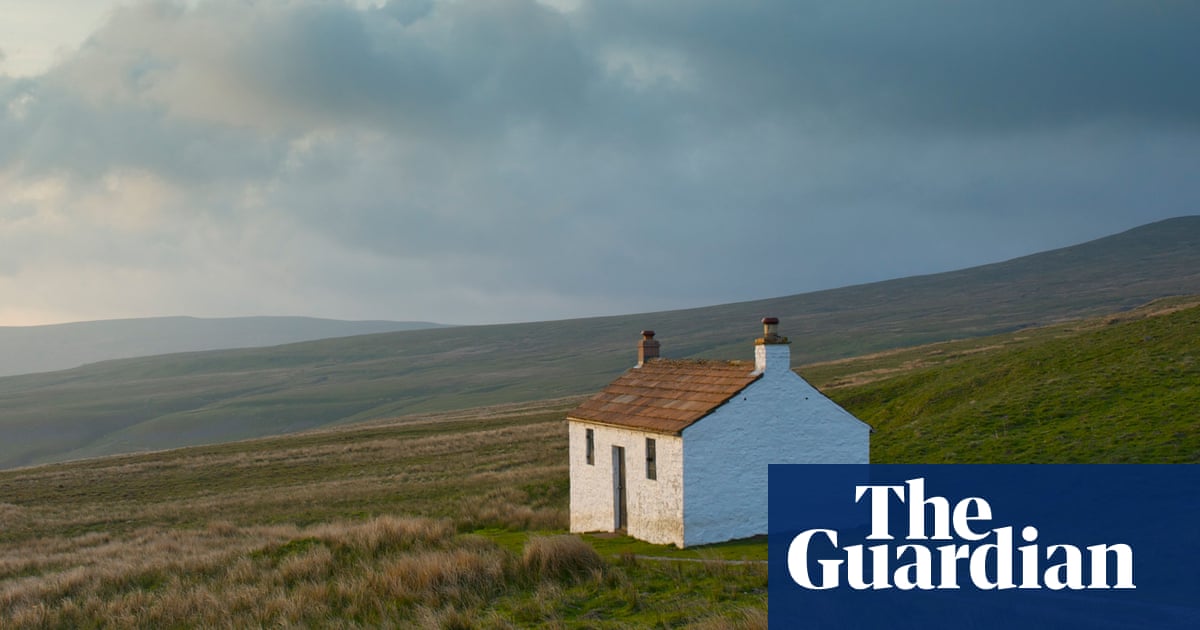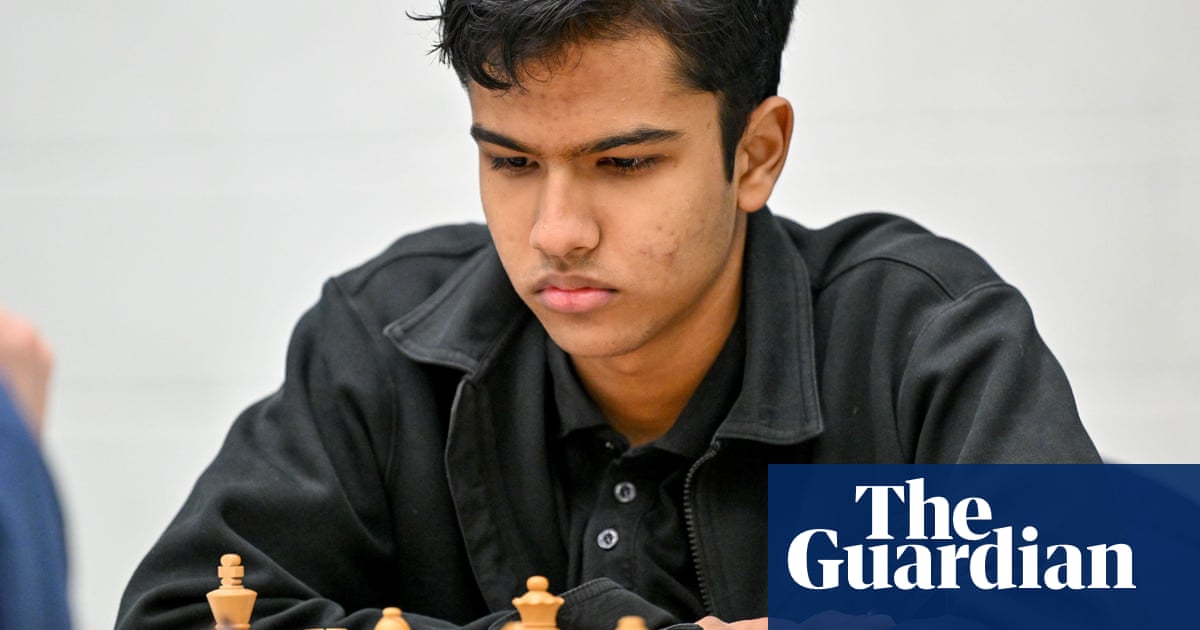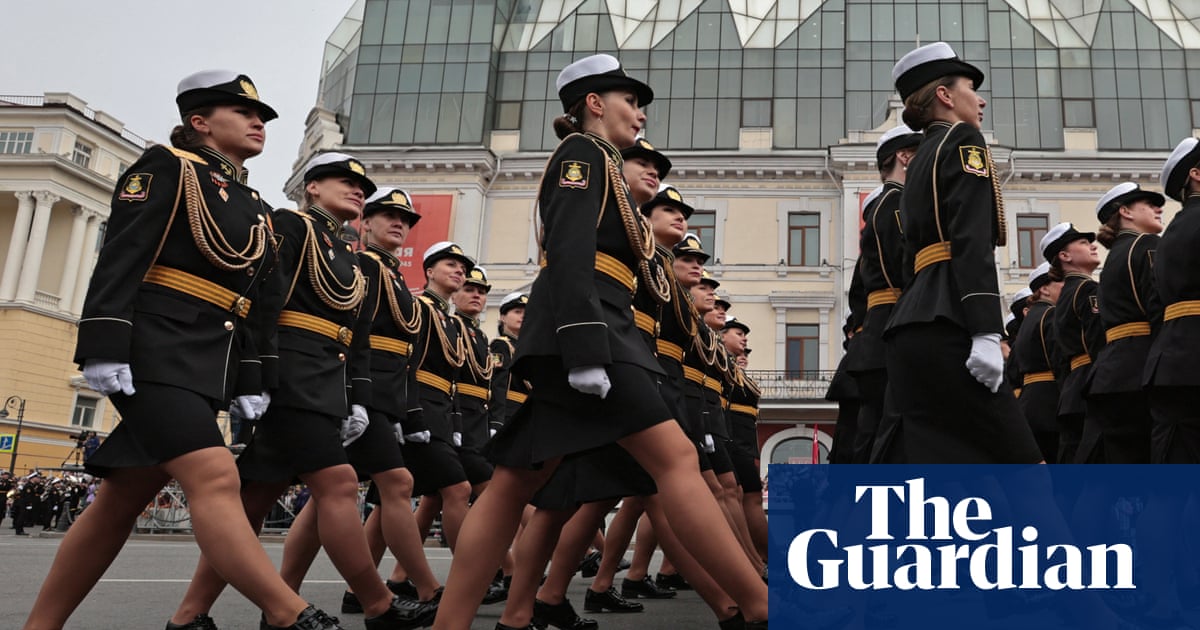Three men who died when a dinghy overfilled with people “literally fell apart at the seams” while trying to cross the Channel were unlawfully killed, a coroner has found.
The conclusion follows Ibrahima Bah’s conviction for gross negligence manslaughter in relation to four deaths in the Channel on 14 December 2022. He was also found guilty of facilitating unlawful entry to the UK.
The senior coroner for Kent, Patricia Harding, on Wednesday recorded the conclusion at an inquest into the deaths of Mohamed Lamine Toure, from Guinea, 27, Moussa Kouyae, 18, also from Guinea and a third unnamed person. The two named men were students. The identities of Kouyae and Toure were publicly confirmed for the first time on Wednesday.
Their cause of death was recorded as drowning. A fourth victim, Hejratullah Ahmadi, 31, was not subject to the inquest as, unlike the other three, he was named as a victim during the criminal proceedings relating to Bah.
The investigating police officer, DI Ross Gurden from Kent police, who gave evidence at the inquest, said one body had not been recovered from the dinghy and 39 survivors were rescued. He said the passengers were in the dinghy “of their own free will”.
The survivors were brought to shore in Dover after a UK fishing boat crew came across the sinking dinghy and rescued them, with help from the RNLI, air ambulance and UK Border Force.
He added that, along with the wholly unsuitable nature of the dinghy and an insufficient number of lifejackets on board, rescue attempts were made more difficult by the freezing conditions on the night of the sinking.
He told the inquest that Bah was the only person on board who had not paid the smugglers for his passage and so was piloting the boat.
Bah said during his retrial at Canterbury crown court that smugglers had threatened to kill him if he did not drive the boat, but the prosecution said he was not telling the truth and had owed his fellow passengers a “duty of care” as their pilot.
In December 2024, Bah lost his attempt to challenge his convictions and sentence of nine and a half years.
after newsletter promotion
In their ruling, the three appeal court judges rejected all three grounds Bah’s legal team had argued. A summary of the judgment found that “although the primary responsibility for the overall offending lay with the traffickers, the applicant persisted in the conduct which arose in the context of other serious criminality and demonstrated a clear disregard for the high risk of death”.
Bah’s sister, Hassanatou Ba, who lives in Morocco, previously told the Guardian: “It is so difficult for him in prison, his sentence was nine years not nine months. He is trying to be brave in prison.”
Harding said: “This was a tragic incident which should never have occurred.” She added that the boat “literally fell apart at the seams” and that it was “remarkable that 39 lives were saved in these circumstances”.

 3 months ago
52
3 months ago
52













































